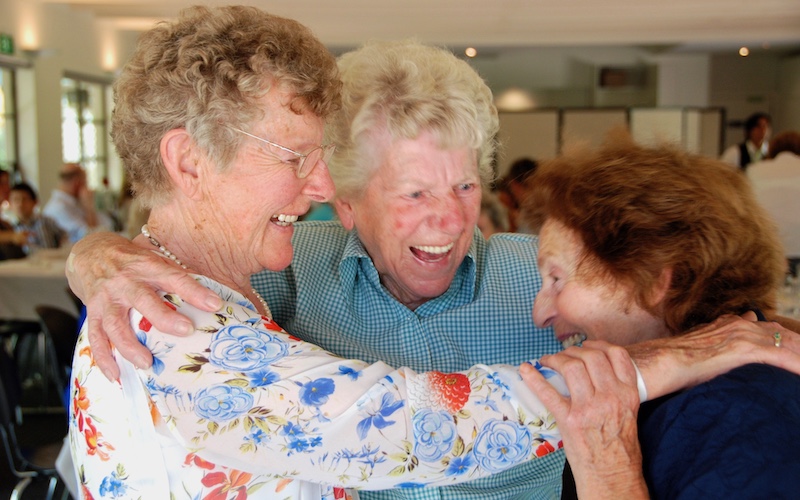
Have you ever wondered what it would be like to attend your own funeral? To hear all the lovely things people say about you and the fond memories they share? Increasingly people are choosing to do just that, to have a living funeral (also called a living wake).
A living wake is a ceremony you hold while you’re still alive to celebrate your life with your loved ones. It’s an opportunity for them to acknowledge your impact on them while you’re able to hear the tributes.
A living wake gives you a chance to say goodbye to friends and family on your own terms and gives them the chance to celebrate you while you’re still alive. You deserve to hear how much people love you and they deserve the chance to tell you so there aren’t regrets about things left unsaid.
People have a living funeral for different reasons:
While funerals held after someone dies are largely for the people left behind, a living funeral is also for the person who is facing their own death
A living wake can be as formal or casual as you wish, though the focus is usually on a celebration of life rather than a sombre grieving; some people even call them ‘living FUNerals’. Other names for a living funeral or living wake include pre-funeral, living memorial, life celebration funeral, celebration of life ceremony.
Read stories from people who’ve had a living funeral in this article in The Guardian.
Share page on: